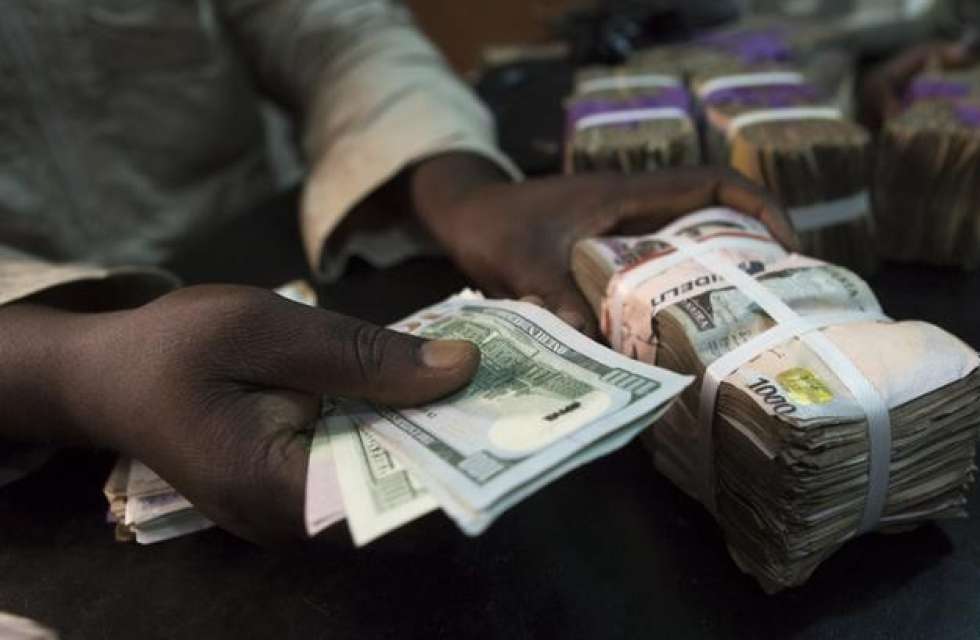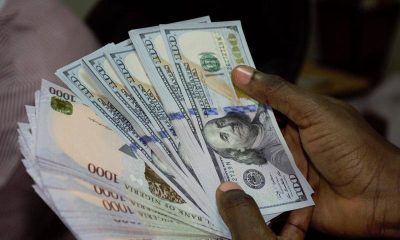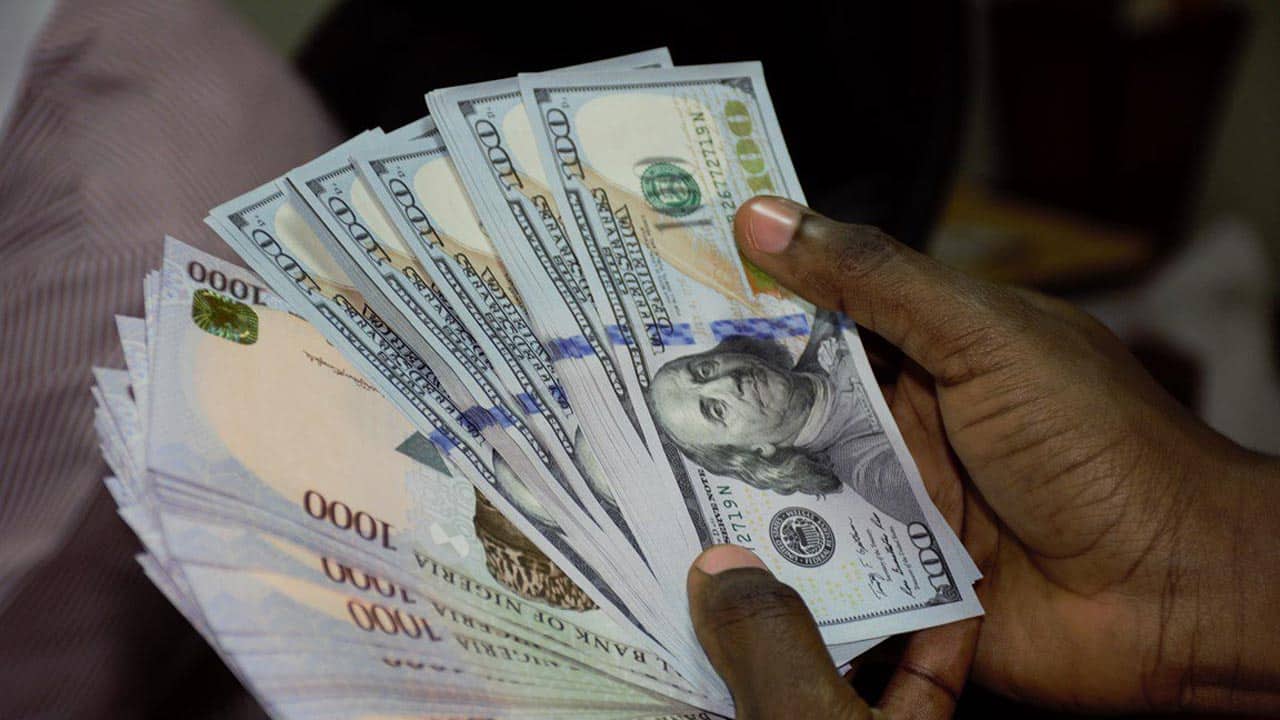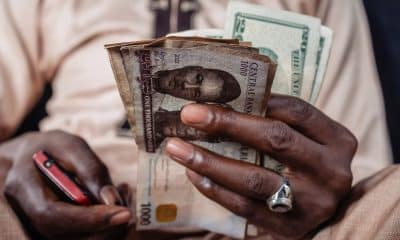Business
Euro To Naira Black Market Today
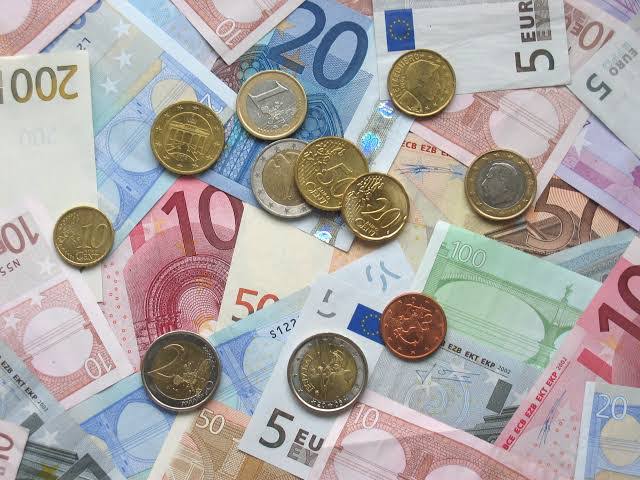
The Euro has reached a new high against the Nigerian Naira in the black market, trading at an astonishing rate of ₦1,739.973.
This latest figure represents a significant appreciation of at least 46% over the last 12 months, highlighting the Euro’s strong performance against the local currency.
Nigeria’s foreign currency exchange landscape is predominantly dominated by Bureau De Change Operators, colloquially known as Abokis.
Many prefer these operators because they offer better rates than commercial banks. Additionally, transactions through BDCs are lauded for their speed and convenience, providing a lifeline for businesses and individuals needing quick foreign currency transactions.
Despite their popularity, it’s crucial to note that the Nigerian government or the Central Bank does not regulate the rates offered by Aboki exchanges.
Instead, they are dictated by the supply and demand dynamics within the informal currency market.
This unregulated nature contributes to the often higher and fluctuating rates compared to the official rates set by the Central Bank of Nigeria.
The reliance on the black market for foreign exchange is driven by various factors, including the need for foreign currency for travel, importation of goods, and remittance purposes.
However, engaging with this market is fraught with risks, such as exposure to counterfeit currency, potential fraud, and legal repercussions.
Amid these challenges, the Nigerian government continues to implement policies to curb the influence of the black market.
Efforts to stabilize the official exchange rate and enhance transparency in currency transactions are part of a broader strategy to mitigate the economic impact of fluctuating foreign exchange rates.
As of today, converting 100 Euros to Naira through the black market will result in N173,997.30, while €1000 exchanges for a staggering ₦1,739,973.00.
This rate serves as a stark reminder of Nigeria’s economic realities and the ongoing struggle to achieve currency stability in the face of global economic pressures.

